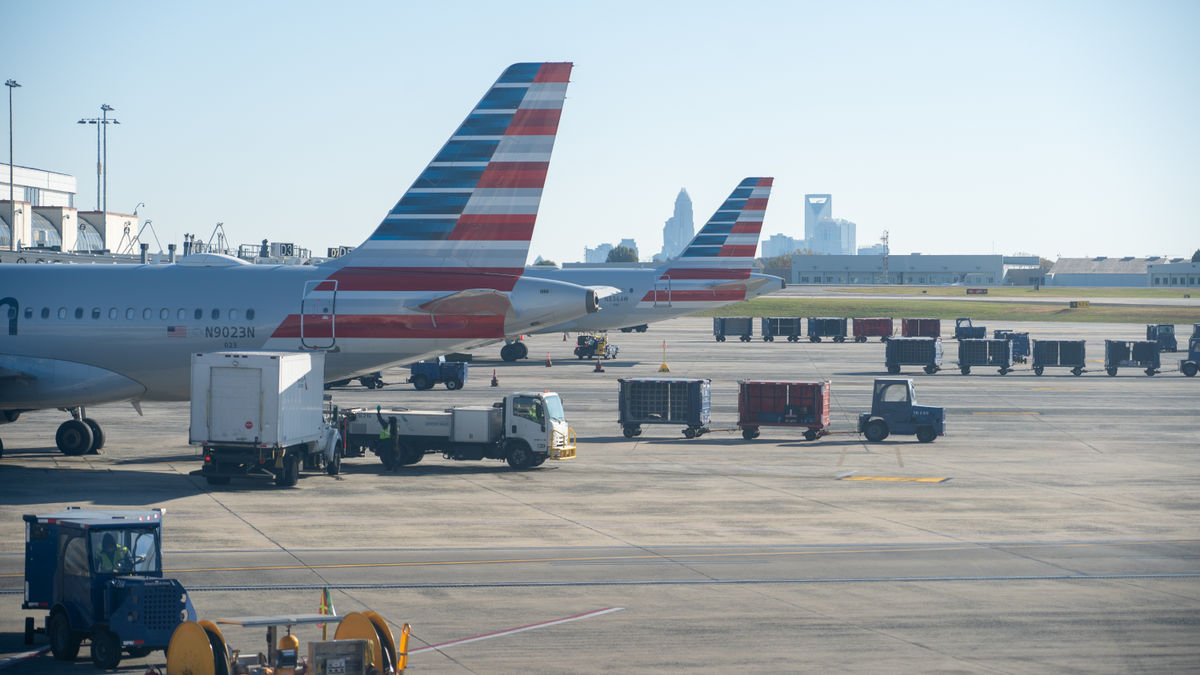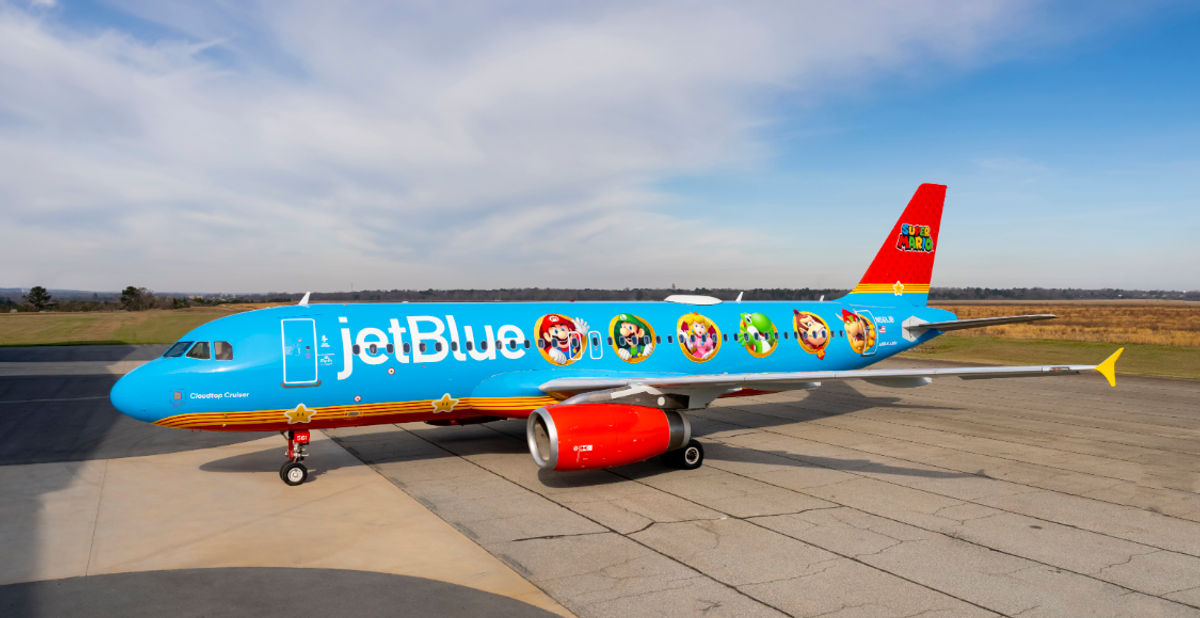On Wednesday, President Trump revealed major tariffs targeting some of the U.S.’ largest trading partners, disrupting decades of established trade policy and raising the threat of a global trade conflict, which he dubbed "Liberation Day."
Trump announced plans to impose a 10 percent universal tariff on all foreign imports, with 25 percent imposed on imported vehicles and “reciprocal tariffs” on several dozen countries that even exceed 50 percent. The 10 percent baseline tariff will take effect on April 5, while the reciprocal tariffs are set to commence on April 9.
The U.S. stock market plummeted in response to the news, suffering the biggest one-day loss seen since the pandemic kicked off in 2020, according to a BBC report. While the resulting economic uncertainty raises startling concerns across various sectors, the travel industry in particular is anticipating significant potential impacts.
President and CEO of the United States Tour Operators Association (USTOA) today sent a memo to the organization’s members in reaction to Trump’s announcements.
“As the new tariffs have raised import taxation levels to historic rates, there is still not a consensus among experts on the effects on global markets, trade, and ultimately, travel and tourism. Similar tariff rates have not been implemented for nearly a century, with global trade and commerce having dramatically changed since then,” it reads, adding, “Please note that we cannot be certain about impacts at this time. We will continuously track updates and downstream impacts as this develops.”
Dale’s message touched on some crucial near-term and long-term potential impacts, including how the rest of the world is going to view the U.S. and American travelers abroad. For example, even before the tariffs were officially announced, the number of Canadians booking trips to the U.S. declined drastically. Since Canada has traditionally been one of U.S. tourism’s largest source markets, this sends a pretty strong message.
The USTOA memo identified a few highly salient points regarding the longer-term impacts on the travel sector.
Firstly, the tariff costs that will be passed onto consumers could significantly impact people’s purchasing power. Discretionary spending, on goods that include travel, is likely to become more difficult for many Americans. With higher prices on essential goods and services across the economy, U.S. travelers may find it harder to justify such expenditures. All of this stands to greatly impact travel advisors’ bottom lines.
In absorbing the added expenses of tariffs on imported goods and services, businesses within the travel sector could also be hit hard. These costs will be passed onto the consumer, who may likely see steeper prices for hotels, airfare and cruises. More to the point, these experiences could become unaffordable for average Americans. From higher fuel prices to the cost of foreign-made products, operating costs are bound to go up for a significant range of businesses, who, in turn, may be less likely to invest in the U.S. due to the overall economic upheaval resulting from these tariffs.
Finally, the USTOA pointed out how this ripple effect will extend to other parts of the leisure economy that can also affect tourism. Restaurants, event venues and nightlife establishments that frequently rely on imported goods, including food and beverages, will also see increased operating costs and raise their prices accordingly. In light of these increased costs, anyone thinking about visiting the U.S. from abroad would have yet another reason to rethink their choice of destination.
TravelPulse turned to some U.S. travel advisors for their reactions to this week’s tariff announcements, their potential impact on the tourism industry and how these developments may affect their businesses.
“I am afraid that this will hurt tourism inbound and outbound on the short term. It is already happening,” said Laurence Pinckney CEO of Zenbiz Travel, LLC. However, he remained optimistic about consumers’ purchasing power overall, saying, “On the good side, people need an escape and will budget for it.”
“I have clients already asking questions about how these policies might impact their travel plans,” reported Elyse Zerweck of Jetset World Travel. “I’m particularly interested in how the luxury space will adapt as rising costs inevitably influence an already pricey experience. Most of our supplier partners pride themselves on carefully curated products, and any shift in cost dynamics could bring challenges. I guess no matter how the market reacts, I’m preparing them for potential cost increases across the board while working closely with my partners to ensure they continue receiving the extraordinary service and experiences they expect.”
I think it's almost undeniable that the tariffs will have an impact on the tourism industry—the cost of hard goods will increase for hotels, airlines, and other industry sectors, who will likely need to increase rates and fares to cover the increases,” opined Kate Sullivan of Anthology Travel. The overall cost of living in the U.S. will increase, making employment here less attractive for seasonal workers, and making discretionary items like travel less feasible for regular families.”
LaDell Carter, Founder and Lead Travel Designer at Royal Expression Travels, said, “I've observed that for our high-net-worth clients, the recent tariffs are more like a blip on the radar than a storm on the horizon… However, for those earning closer to the median income, these tariffs can feel like an unexpected headwind. The increased costs on goods and services may prompt a reassessment of discretionary spending, including travel. In this demographic, we might see travelers opting for a charming four-star hotel instead of a five-star luxury resort or choosing a scenic train journey over a private car service. It's about recalibrating their travel experiences to align with their financial comfort zones. In essence, while the affluent continue to sail smoothly, the broader traveling public may need to adjust their sails to navigate these economic shifts.”
For the latest travel news, updates and deals, subscribe to the daily TravelPulse newsletter.
.png)
.png) 1 week ago
1
1 week ago
1








 English (US) ·
English (US) ·  Spanish (ES) ·
Spanish (ES) ·